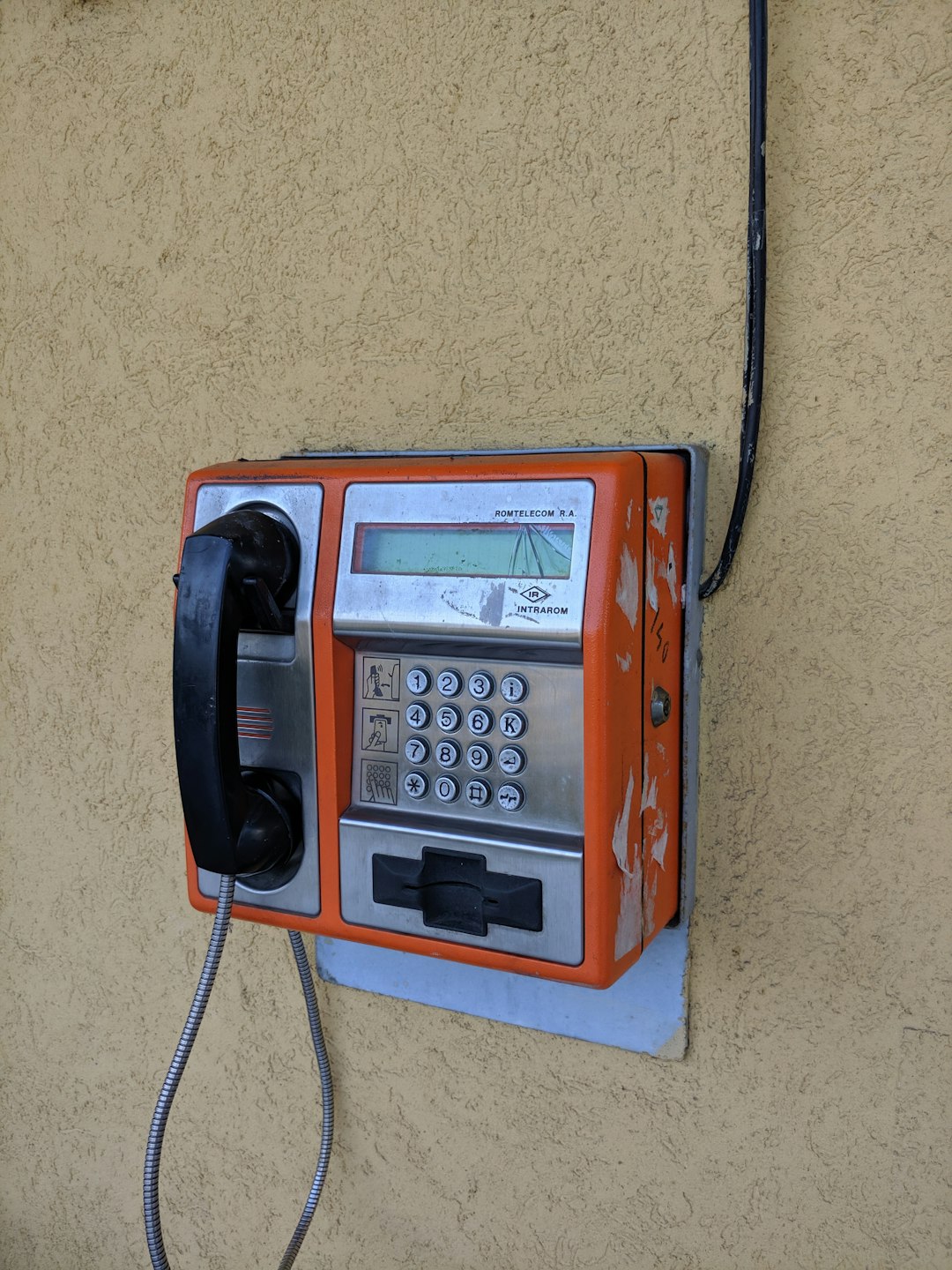Idaho's "Do Not Call" laws protect residents from unsolicited sales calls, reshaping business strategies towards targeted marketing. Businesses need Do Not Call Lawyers in Idaho to ensure compliance, avoid penalties, and respect consumer privacy. These laws empower individuals, challenge businesses, and foster a sustainable economic environment through responsible marketing practices.
In Idaho, as across the nation, Do Not Call laws have significantly impacted telephone sales and marketing strategies. This article delves into the intricate effects of these regulations on Idaho’s economy, examining both consumer protections and business challenges. We explore how Do Not Call laws influence telemarketers and businesses, analyze consumer benefits and potential drawbacks, discuss economic losses and legal implications, and consider the future landscape of telephone sales in Idaho, with insights from a leading Do Not Call Lawyer Idaho.
Understanding Do Not Call Laws in Idaho

In Idaho, the Do Not Call laws are designed to protect residents from unsolicited phone calls, especially those related to telemarketing and sales purposes. These regulations give individuals the power to choose when and how they want to receive marketing communications. A Do Not Call Lawyer in Idaho plays a crucial role in ensuring these laws are adhered to, offering guidance and legal assistance to both businesses and consumers.
The law allows residents to register their phone numbers on a state-managed “Do Not Call” list, which restricts commercial calls from specific companies. This has had a significant impact on how businesses conduct their sales strategies, prompting many to adopt more targeted and personalized marketing approaches. Understanding these laws is essential for both parties to ensure compliance and avoid potential penalties, making the expertise of a Do Not Call Lawyer Idaho invaluable in this context.
Impact on Telemarketers and Businesses

The implementation of “Do Not Call” laws in Idaho has had a significant effect on telemarketers and businesses operating within the state. These laws, designed to protect residents from unwanted phone calls, have altered the strategies and operations of many companies, particularly those relying heavily on cold calling as a sales tactic. Many legitimate businesses have had to adapt, often employing more targeted and personalized marketing approaches to maintain compliance while still reaching their desired audience.
For telemarketers, this shift has meant rethinking their business models. Some have turned to more direct marketing methods, such as email or social media campaigns, while others have focused on improving the quality of leads through better data collection and segmentation. A Do Not Call lawyer in Idaho can guide businesses through these changes, ensuring they stay within legal boundaries and maximize their customer reach without infringing on privacy regulations. This new landscape presents both challenges and opportunities for companies willing to embrace more sophisticated and respectful marketing practices.
Consumer Benefits and Protection

The implementation of “Do Not Call” laws in Idaho offers a unique balance between consumer benefits and protection. These laws empower residents to take control of their phone lines by preventing unwanted telemarketing calls, reducing irritation and potential fraud. A Do Not Call lawyer in Idaho plays a crucial role here, ensuring compliance for businesses while advocating for individuals’ rights.
For consumers, this means greater peace of mind and more control over their personal time. They can avoid nuisance calls, leading to less stress and fewer instances of falling victim to scam artists. Moreover, it encourages businesses to adopt more sophisticated and targeted marketing strategies, fostering a more respectful and beneficial relationship between companies and potential customers.
Economic Losses and Legal Implications

Many businesses in Idaho, particularly those reliant on telemarketing and cold calls for customer acquisition, have long grappled with the implications of the state’s strict Do Not Call laws. While these regulations aim to protect residents from unwanted sales pitches, they can also lead to significant economic losses for companies that fail to navigate them properly. Businesses may incur substantial fines for unsolicited calls, especially if a Do Not Call Lawyer Idaho is involved in enforcement. These legal repercussions can cripple small and medium-sized enterprises (SMEs), hindering their growth and competitiveness in the market.
The impact extends beyond financial losses; it also creates a complex web of legal implications. Companies must now invest heavily in compliance measures, including rigorous training for staff and implementing robust do-not-call mechanisms. Failure to adhere to these guidelines not only results in direct economic harm but can also damage a company’s reputation, especially when customers feel their privacy is invaded. This dual effect—financial strain and public trust issues—underlines the importance of understanding and adhering to Idaho’s Do Not Call laws to avoid legal pitfalls and foster a sustainable business environment.
Future of Telephone Sales in Idaho

In the evolving landscape of telephone sales, Idaho’s economy is experiencing a subtle yet significant shift due to the implementation of “Do Not Call” laws. While these regulations have empowered consumers with greater control over their personal data, they also present unique challenges for businesses, especially those relying heavily on telemarketing as their primary sales channel. As we move forward, the future of telephone sales in Idaho is likely to be characterized by increased compliance and adaptation. Businesses must become adept at navigating the legal framework, ensuring they respect consumer privacy while exploring alternative sales strategies.
Do Not Call lawyers in Idaho play a pivotal role in this transition, offering expertise in interpreting and adhering to these laws. They assist businesses in crafting effective marketing strategies that align with regulatory requirements, ensuring compliance without compromising sales potential. With technology advancing and communication methods diversifying, the traditional telemarketing approach may evolve into more targeted, personalized outreach, allowing companies to maintain strong connections with customers while staying within legal boundaries. This adaptation is crucial for Idaho’s economy, fostering a sustainable and ethical business environment that respects consumer rights while supporting local businesses’ growth.






